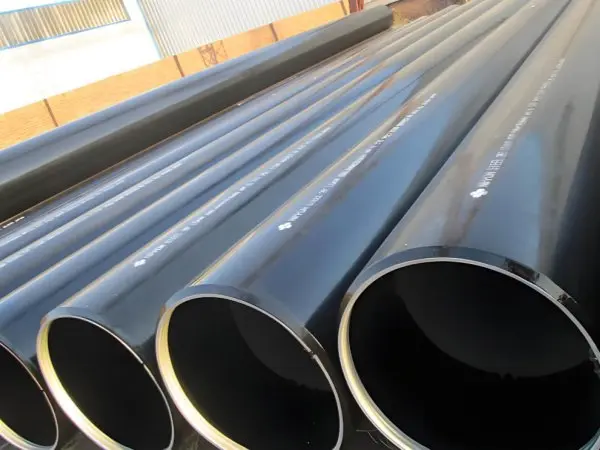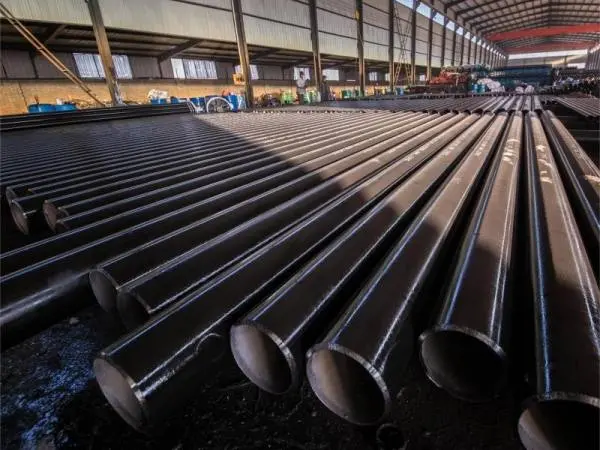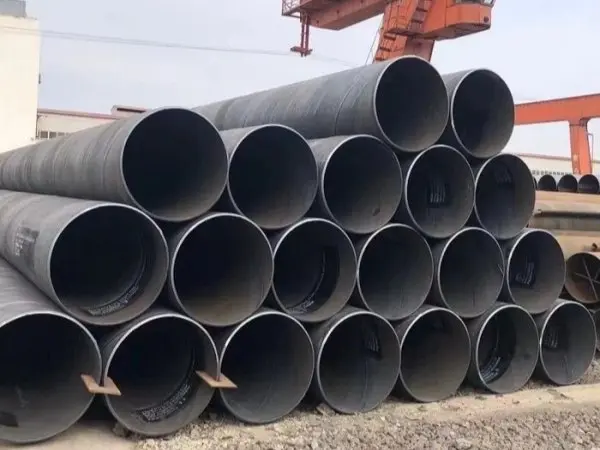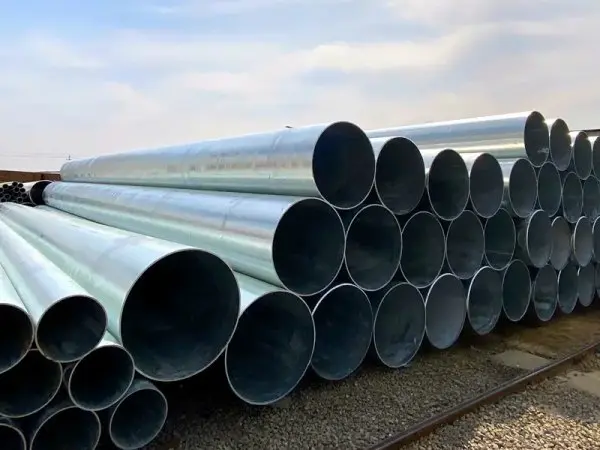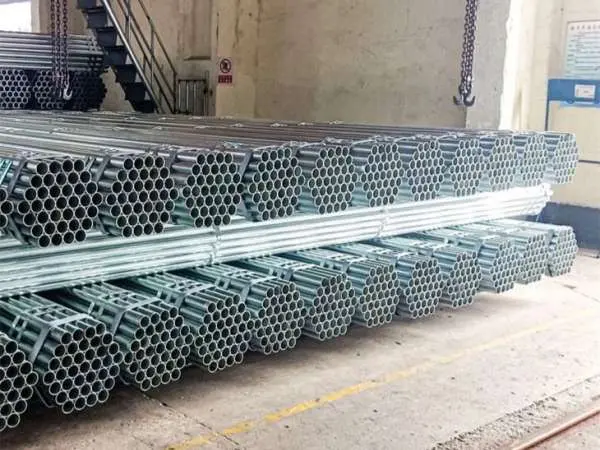- Phone0086 731 8564 8255
- E-mailsales@cscsteel-manufacturing.com
-

Carbon steel welded pipe, as the name implies, is primarily made from an iron-carbon alloy. The carbon content typically ranges from 0.0218% to 2.11%, and to enhance mechanical properties, trace elements like manganese may be added. These pipes are manufactured by welding steel plates or coils after hot rolling, and may also go through further shaping or treatment to meet different engineering demands.
During production, steel billets undergo steelmaking and continuous casting to form coils or plates, which are then shaped and welded into pipes using techniques such as Electric Resistance Welding (ERW) or Submerged Arc Welding (SAW). This manufacturing route makes welded pipes versatile in both size and wall thickness, suitable for a wide range of industrial applications.
Continental Steel Co., Ltd is professional carbon steel welded pipes manufacturer, for more details, please contact:sales@cscsteel-manufacturing.com
Why Choose Carbon Steel Welded Pipes?
Carbon steel welded pipes offer a well-balanced combination of strength, weldability, processability, and cost-effectiveness, making them a widely adopted solution in engineering and construction.
1. High Strength and Load-Bearing Capacity
These pipes exhibit excellent tensile and yield strength, allowing them to endure high pressures and heavy loads without deformation. This makes them ideal for structural and fluid transport applications where durability is critical.
2. Excellent Weldability
Thanks to their favorable chemical composition, carbon steel welded pipes can be easily joined through various welding methods, simplifying installation and reducing construction time.
3. Cost Efficiency
Compared to alloyed or stainless steel alternatives, carbon steel welded pipes offer a lower production cost without sacrificing performance in standard industrial environments. They are a highly economical option for many large-scale projects.
4. Surface Treatment Compatibility
While their natural corrosion resistance is limited, carbon steel welded pipes can be treated with galvanizing, painting, or anti-rust coatings to improve their lifespan and resistance to harsh environments.
Industrial Applications of Carbon Steel Welded Pipes
1. Petrochemical Industry
Carbon steel welded pipes are widely used for oil and gas transportation, from upstream extraction to midstream pipelines and downstream processing plants. Their strength and adaptability make them suitable for long-distance transport and handling of corrosive chemicals like sulfuric acid and hydrochloric acid (after proper internal lining or coating).
2. Power Generation
In thermal and nuclear power plants, these pipes are essential for conveying high-temperature steam and water. For instance, in a thermal plant, welded pipes transport steam from boilers to turbines, enabling energy conversion. In nuclear power, they ensure the safe circulation of cooling water around the reactor core.
3. Machinery Manufacturing
Carbon steel welded pipes are used in various mechanical components, such as transmission shafts, hydraulic lines, and support frames. Their high strength and toughness help withstand torque, impact, and high-pressure conditions, fulfilling the reliability needs of industrial machinery.
Advantages of Carbon Steel Welded Pipes
1. Mechanical Strength & Reliability
The carbon-rich composition provides excellent strength and hardness, enabling these pipes to maintain structural integrity even under demanding conditions.
2. Easy Fabrication
Carbon steel welded pipes are easy to cut, bend, and weld, allowing flexible processing into various shapes and lengths, which is ideal for customized engineering projects.
3. Corrosion Protection
Although not inherently corrosion-proof, carbon steel welded pipes perform well when treated with protective coatings, resisting the effects of humidity, chemicals, and environmental exposure.
4. Efficient Heat Transfer
With good thermal conductivity, these pipes are often used in heat exchangers, boilers, and HVAC systems, where rapid heat transmission is required.
Conclusion
Carbon steel welded pipes play a vital role across multiple industries such as petrochemicals, power generation, and machinery manufacturing. Their strength, affordability, and adaptability make them an indispensable material for modern industrial infrastructure.
As industrial demands continue to evolve, the performance standards for welded pipes will rise accordingly. Looking forward, carbon steel welded pipes are expected to maintain their central role in supporting infrastructure development and advancing industrial modernization.
